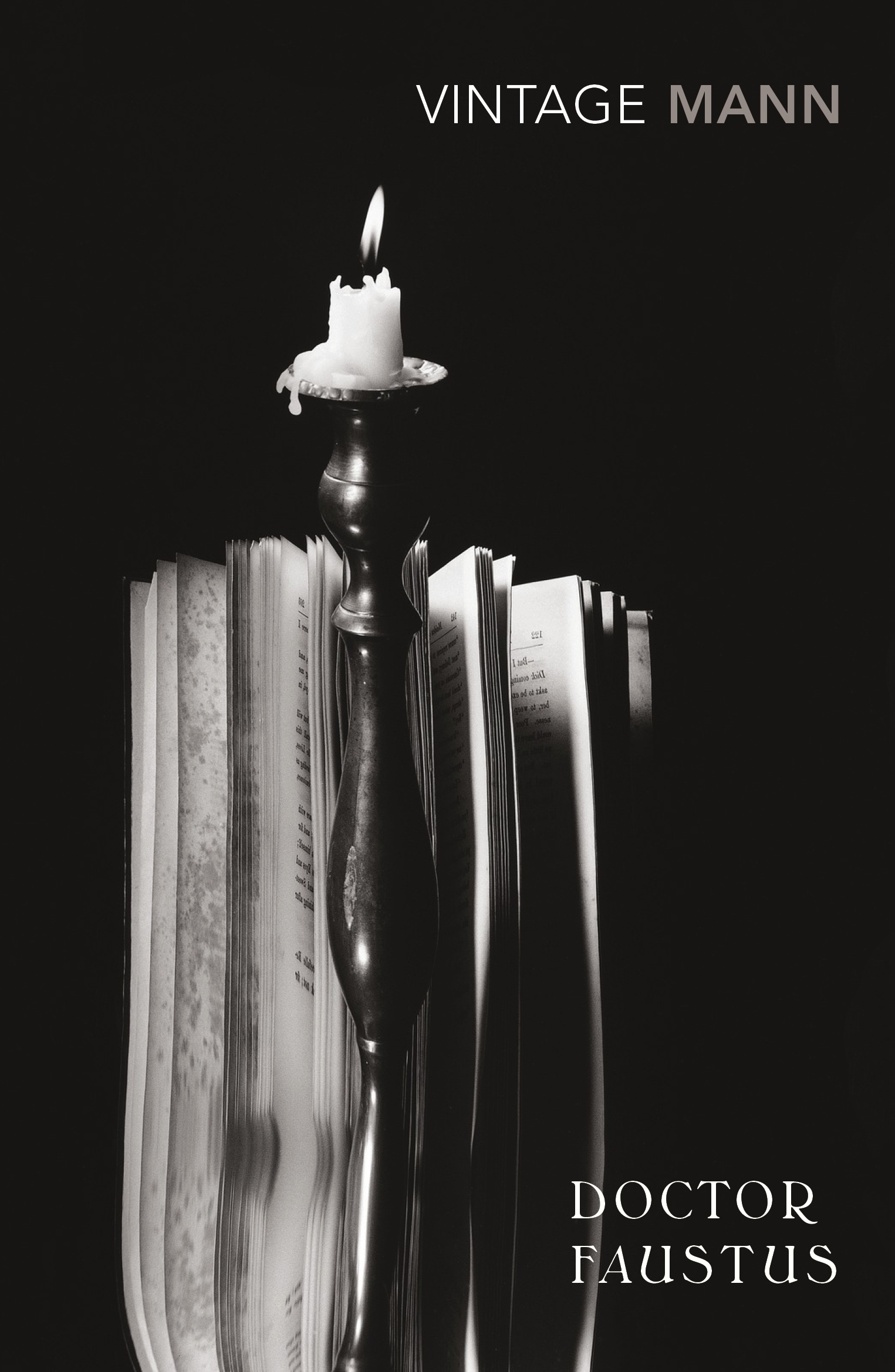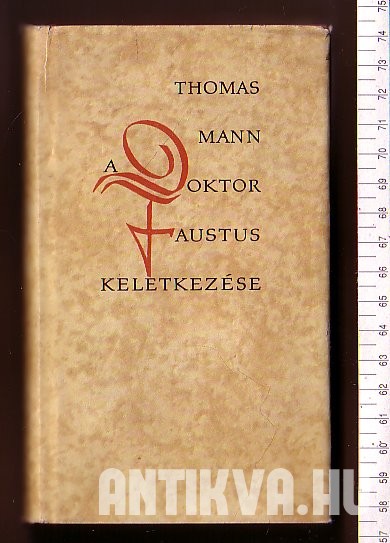
His madness – his daemonic inspiration – leads to extraordinary musical creativity (which parallels the actual innovations of Arnold Schoenberg).

He is subsequently visited by a Mephistophelean being (who says, in effect, "that you can only see me because you are mad, does not mean that I do not really exist" ), and, renouncing love, bargains his soul in exchange for twenty-four years of genius. He strikes a Faustian bargain for creative genius: he intentionally contracts syphilis, which deepens his artistic inspiration through madness. Leverkühn's extraordinary intellect and creativity as a young man mark him as destined for success, but his ambition is for true greatness. The narrator is Leverkühn's childhood friend Serenus Zeitblom, who writes in Germany between 19. The story centers on the life and work of the (fictitious) composer Adrian Leverkühn.


The novel is a re-shaping of the Faust legend set in the context of the first half of the 20th century and the turmoil of Germany in that period. Doctor Faustus is a German novel written by Thomas Mann, begun in 1943 and published in 1947 as Doktor Faustus: Das Leben des deutschen Tonsetzers Adrian Leverkühn, erzählt von einem Freunde ("Doctor Faustus: The Life of the German Composer Adrian Leverkühn, Told by a Friend").


 0 kommentar(er)
0 kommentar(er)
